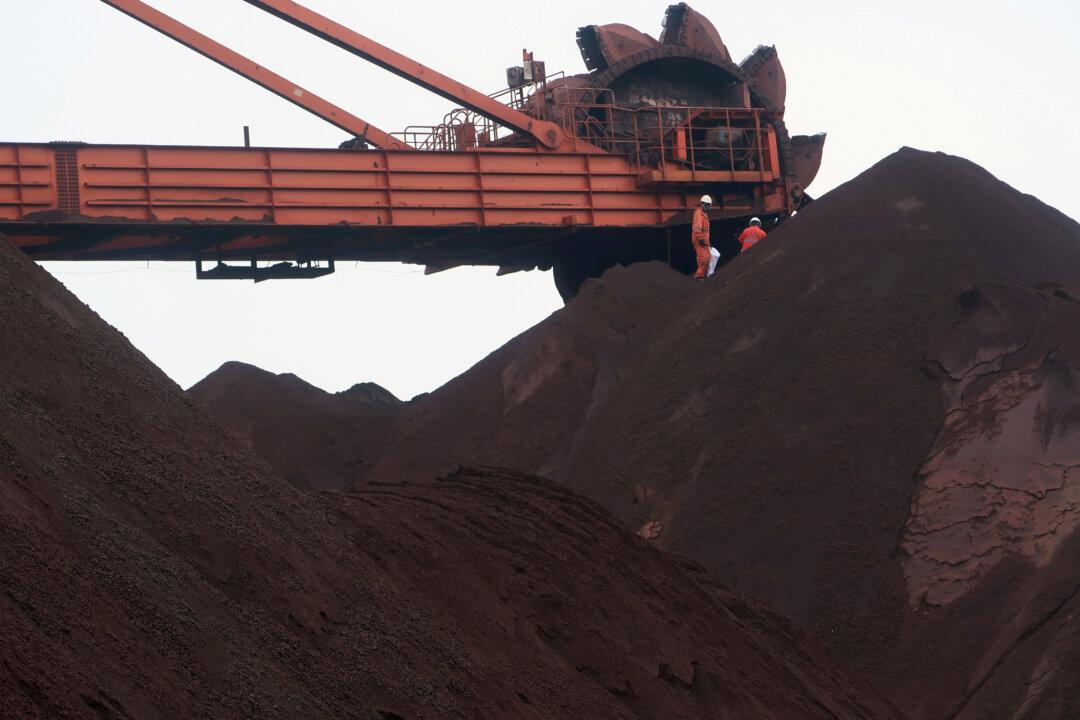BEIJING—Vale SA’s deadly mine disaster in Brazil has created uncertainty for China’s iron ore market at a time when demand for supply from the South American country is rising, multiple Chinese ore traders said on Jan. 28.
A dam holding mine waste at Vale’s Corrego do Feijao mine collapsed on Friday, burying mining facilities and nearby homes in the town of Brumadinho, killing dozens and leaving the community in shock as hundreds remain missing.





